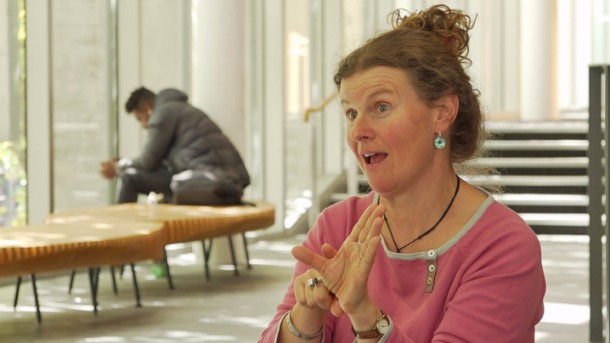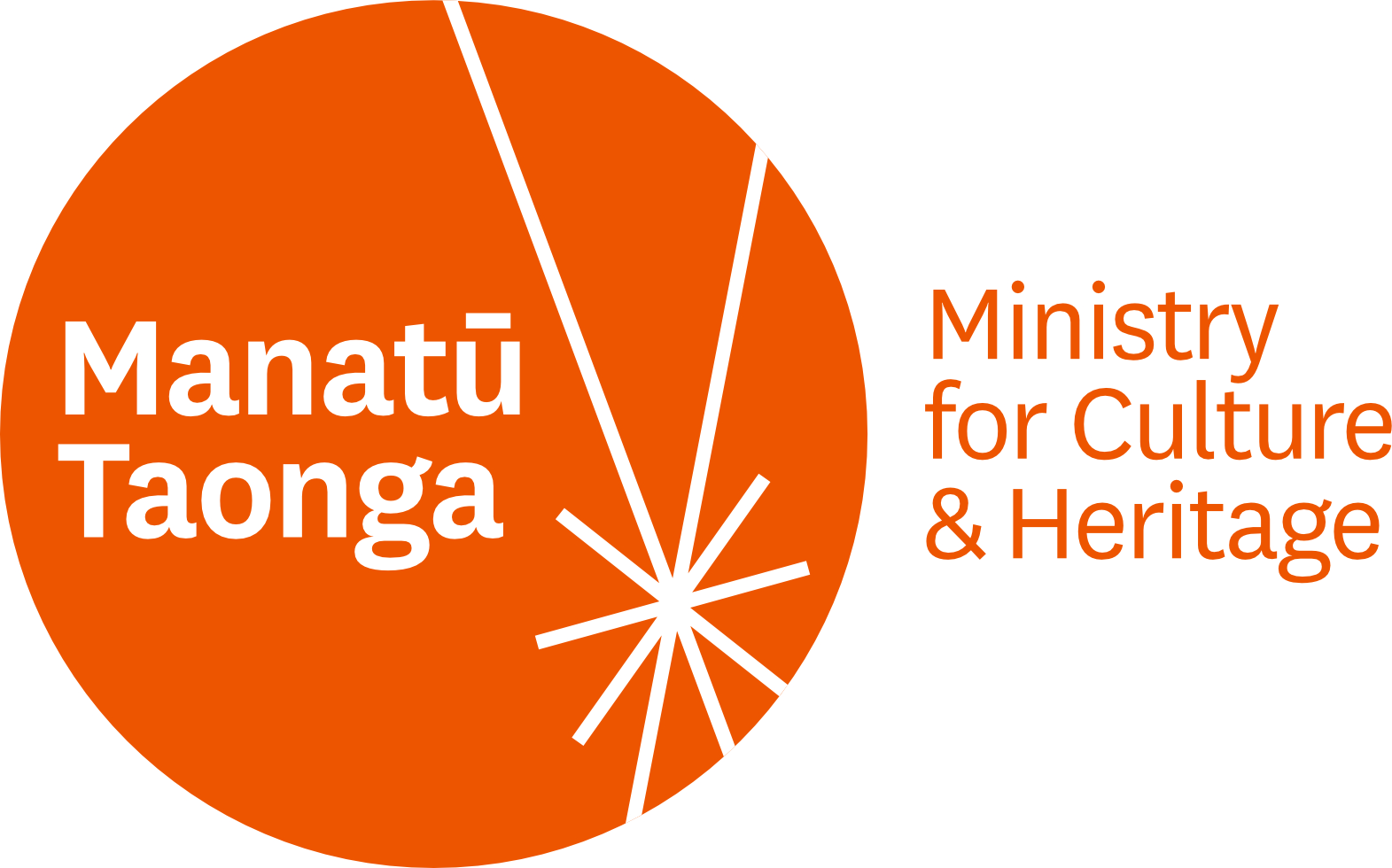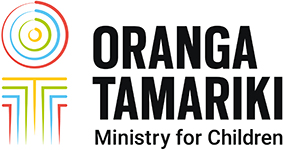Last month I wrote on the topic of a resilient arts sector. Without resilience, we have no way of bouncing back if we experience hard times and no platform to grow from to strengthen what we do in the arts.
 Whether it’s as an organisation or individually, it’s important to promote and advance accessibility in and inclusion to the arts. There are many interconnecting ways to raise your profile and promote the value of what you are doing.
Whether it’s as an organisation or individually, it’s important to promote and advance accessibility in and inclusion to the arts. There are many interconnecting ways to raise your profile and promote the value of what you are doing.
Last week’s New Zealand Sign Language Week is a sophisticated and strategic example of profile and advocacy. Rachel Coppage was interviewed in a video, explaining with passionate authority about the value, history and issues facing NZSL today.
With some clever editing, this video is essentially a mini documentary. It takes the conversational interview approach, where questions we didn’t even know to ask were answered. It left the viewer better informed and connected to the story and issues of NZSL today. You can view the video online.
Another notable feature of NZSL Week was The Dominion Post’s use of NZSL in its front-page masthead throughout the week. It has also done this with te reo Māori, celebrating Te Matatini 2019 by highlighting Te Upoko-o-Te-Ika in the masthead. What a wonderful way to acknowledge two of Aotearoa’s official languages.
Access to the arts, opening doors to participation and self-expression, including NZSL and te reo Māori, cannot progress in isolation. An important point that Rachel makes in the NZSL video is that the language needs users and supporters. And not only the Deaf community! There’s an opportunity for all of us to use and connect with NZSL and Deaf people and culture.
If we apply that thinking to inclusive and accessible arts, it’s not only the business of people with access needs but everyone who wants to see opportunities for others and more diversity in our arts sector.
Making time for advocacy and profile
Making time for advocacy and profile in your organisation, service or practice is an important part of becoming resilient. It is best to plan ahead how to ensure your profile around an event, person or work can be authentic.
We live in an age where an increasing range of digital tools are available to advance and promote our story and the story of others. Some organisations have staff focused on advocacy and profile, and tracking the results.
But what if you don’t have a team or helper to lift your profile and who advocates for you? Finding volunteers who are confident with social media and other digital platforms is a primary step in promoting your projects, workplace and events. Asking for pro bono help from website developers or communications companies or groups is another step.
A private sector team with allied values may enjoy and want to provide their services to help you promote and tell your story and train your staff.
Building a more resilient sector
Connecting with others to build your ability to profile your work and purpose is an essential way to strengthen advocacy and build a more resilient sector.
Arts Access Aotearoa’s website has a page listing some of the ways to promote your organisation.
We were pleased to support Crip the Lit, a group founded by Robyn Hunt and Trish Harris to promote the voice of disabled writers. On our Arts Access Advocates website, we developed a webpage profiling the group, its achievements and plans.
Its most recent project, the launch of Here we are, read us, feature on this webpage, in a media release, and two associated blogs. Over a period of two months, these pages received close to 1200 visits.
Robyn and Trish will be talking about Crip the Lit and the publication of their “little book with big ideas” at Arts Access Aotearoa’s Annual General Meeting on Friday 17 May. More details are listed on our website’s events page.
I encourage you to post your accessible arts events on to this page, and then we can broadcast them to other what’s on and relevant sites.
“Broadcasting” (or sharing) your content is a feature of Flightdec websites. Arts Access Aotearoa sets up Flightdec websites for creative spaces and community arts organisations who work in accessible arts for free. Most recently, we worked with Te Ora Auaha to develop its website. Currently, we’re supporting WIDance to develop its new website. Do get in touch if you would like to find out more about Flightdec websites.
If you’d like to learn more or need help to profile your story, person or accessible arts event, please contact Iona (E: iona.mcnaughton@artsaccess.org.nz).
LATEST POSTS
- Accessibility
- Accessible Arts
- Achievements Celebrations
- Active Recreation
- Advocacy Campaigns
- All New Zealand
- Arts Accessibility
- Arts Culture
- Arts Culture Venues
- Arts For All
- Arts In Corrections
- Canterbury Region
- Community Arts
- Community Services
- Covid 19
- Creative Spaces
- Creative Wellbeing
- Dance
- Disability
- Festivals Arts
- Galleries
- Global Issues
- Health
- Learning Disabilities
- Local People
- Maori Art
- Mental Health
- Musical Theatre
- Obituaries
- Professional Development Arts
- Stories About Organisations
- Theatre
- View Point
- Visual Arts




